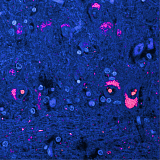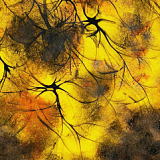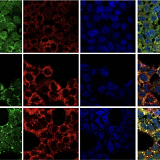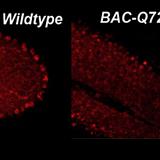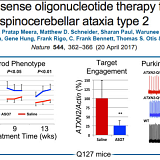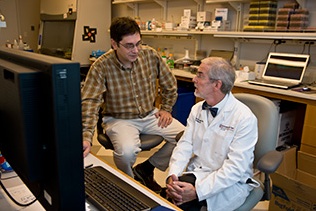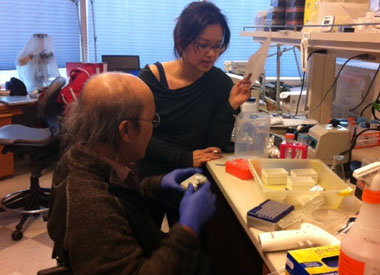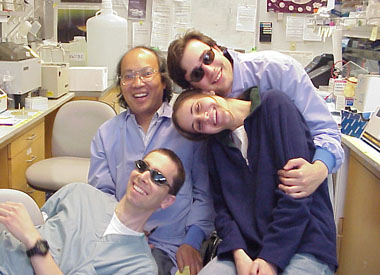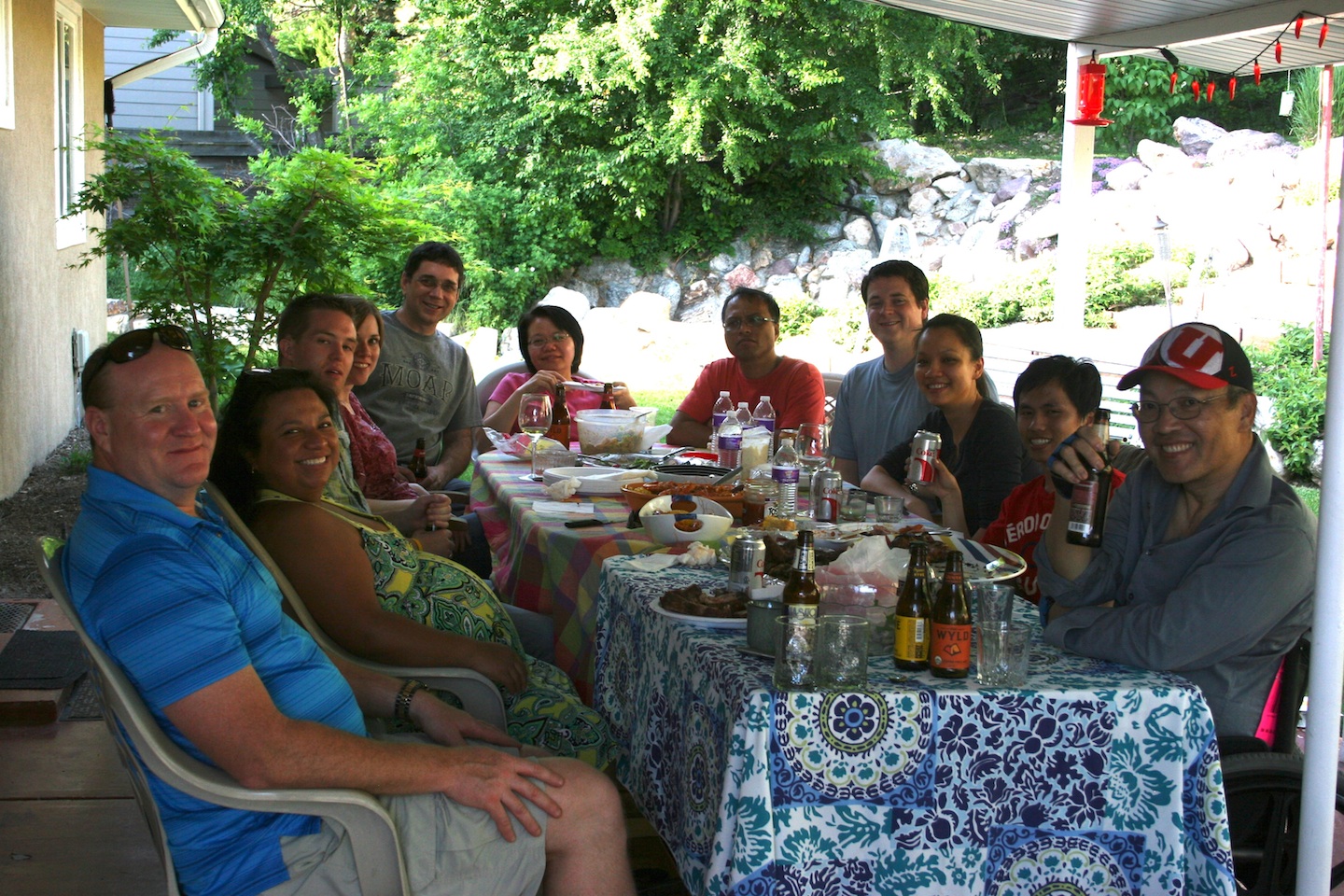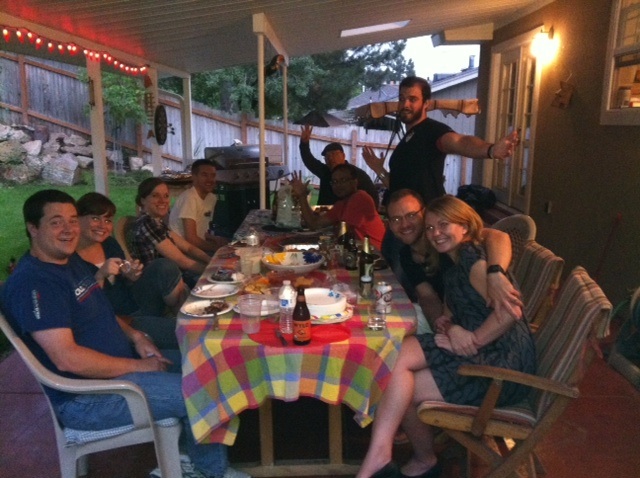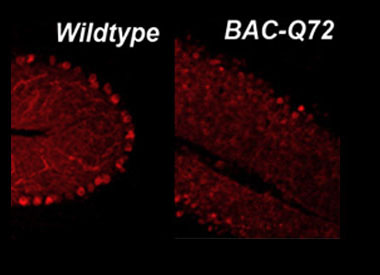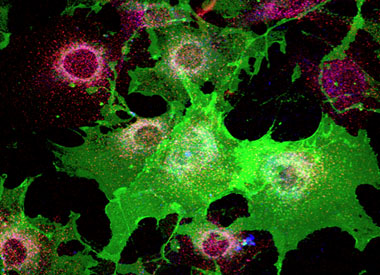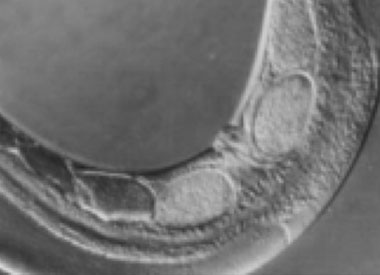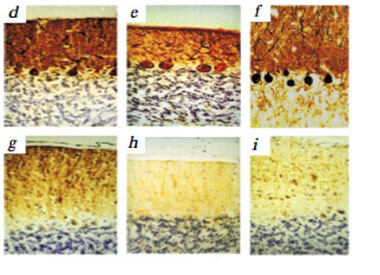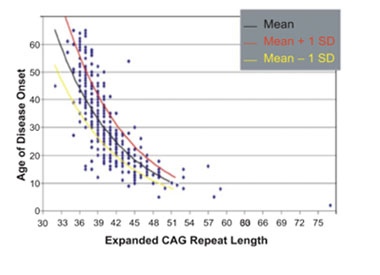
Pulst and Scoles Laboratories
PIONEERING ADULT-ONSET NEURODEGENERATION RESEARCH

Pulst and Scoles Laboratories
PIONEERING ADULT-ONSET NEURODEGENERATION RESEARCH
GENETIC ANALYSIS OF HUMAN FAMILIES
Our laboratory studies usually begin with genetic analysis of human families, followed by modeling of the disease process by introducing the mutations found in the families into cells or mice. This group has been interested in amyotrophic lateral sclerosis (ALS)/frontotemporal dementia (FTD), and in the spinocerebellar ataxias, which are inherited, progressive, neurodegenerative diseases that affect the cerebellum (a part of the brain primarily concerned with coordination of movement).

OUR TEAM
The Pulst and Scoles Lab is a talented group of individuals, each playing a key role in driving neurology research forward. We are united by a shared passion for scientific exploration and innovation.

